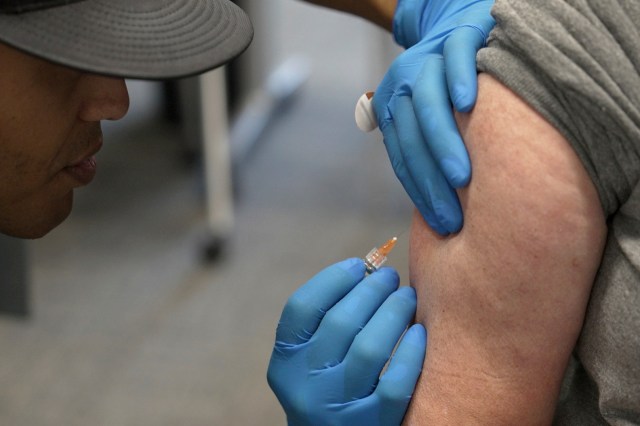Alert: Rare Measles Outbreak Surfaces in Illinois, First Case of 2025 Sparks Health Concerns

First Measles Case of 2025 Confirmed in Illinois
Health authorities in Illinois are on high alert after confirming the state's first measles case of 2025. The Illinois Department of Public Health (IDPH) made the announcement on Wednesday, sparking immediate public health concerns.
Measles, a highly contagious viral infection, remains a serious public health challenge despite widespread vaccination efforts. The newly identified case serves as a critical reminder for residents to ensure their immunization records are up to date.
State health officials are currently investigating the source of the infection and are working diligently to trace potential exposure sites. They are urging anyone who may have been in contact with the infected individual to monitor their health and consult with healthcare providers.
Vaccination remains the most effective method of preventing measles transmission. The IDPH strongly recommends that all individuals, especially children and those in high-risk environments, maintain current vaccination status.
Further details about the case will be released as the investigation progresses, with public health and safety being the primary concern.
